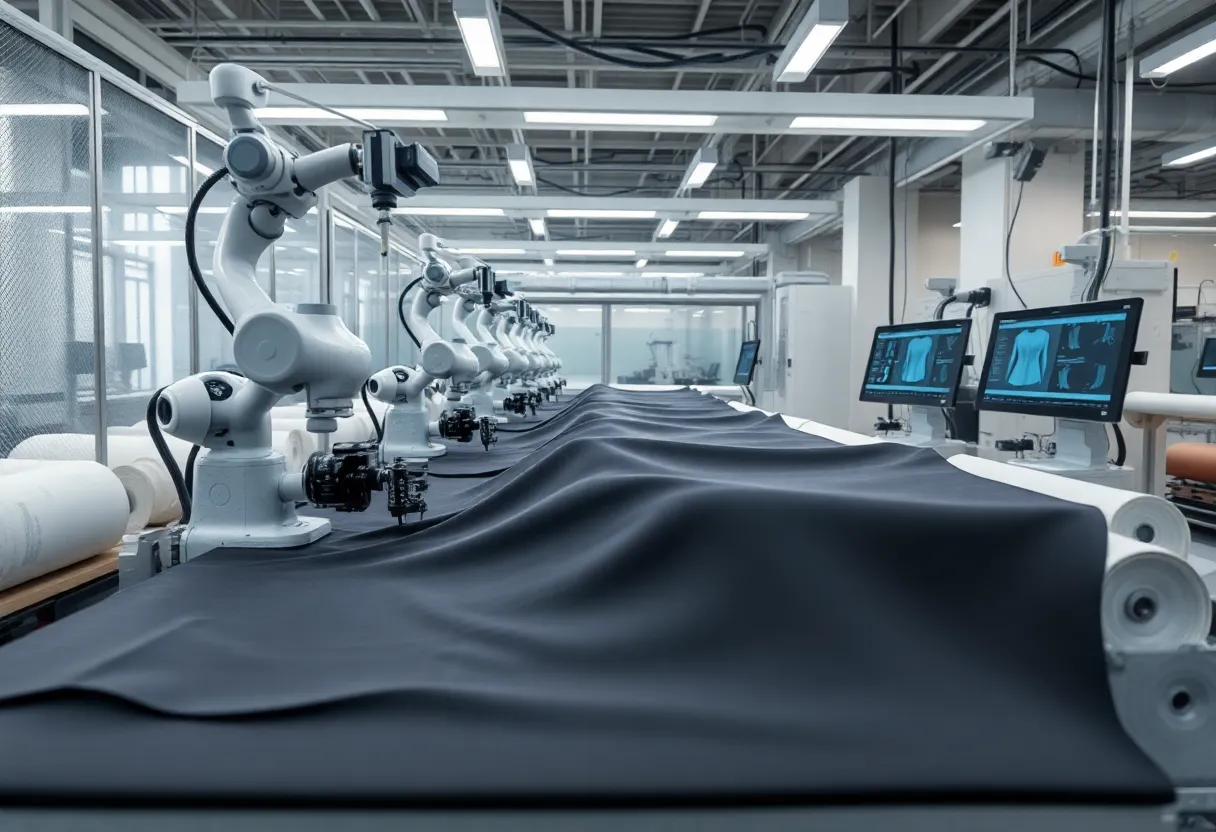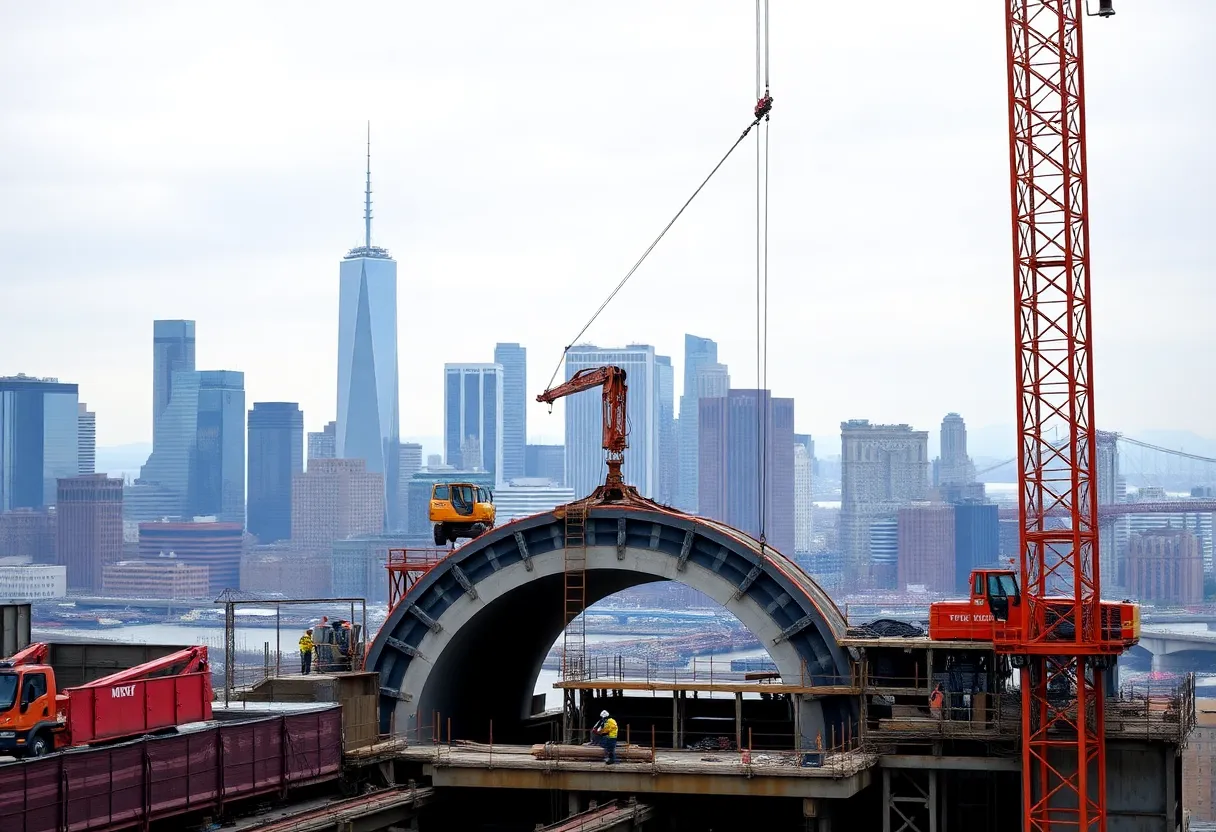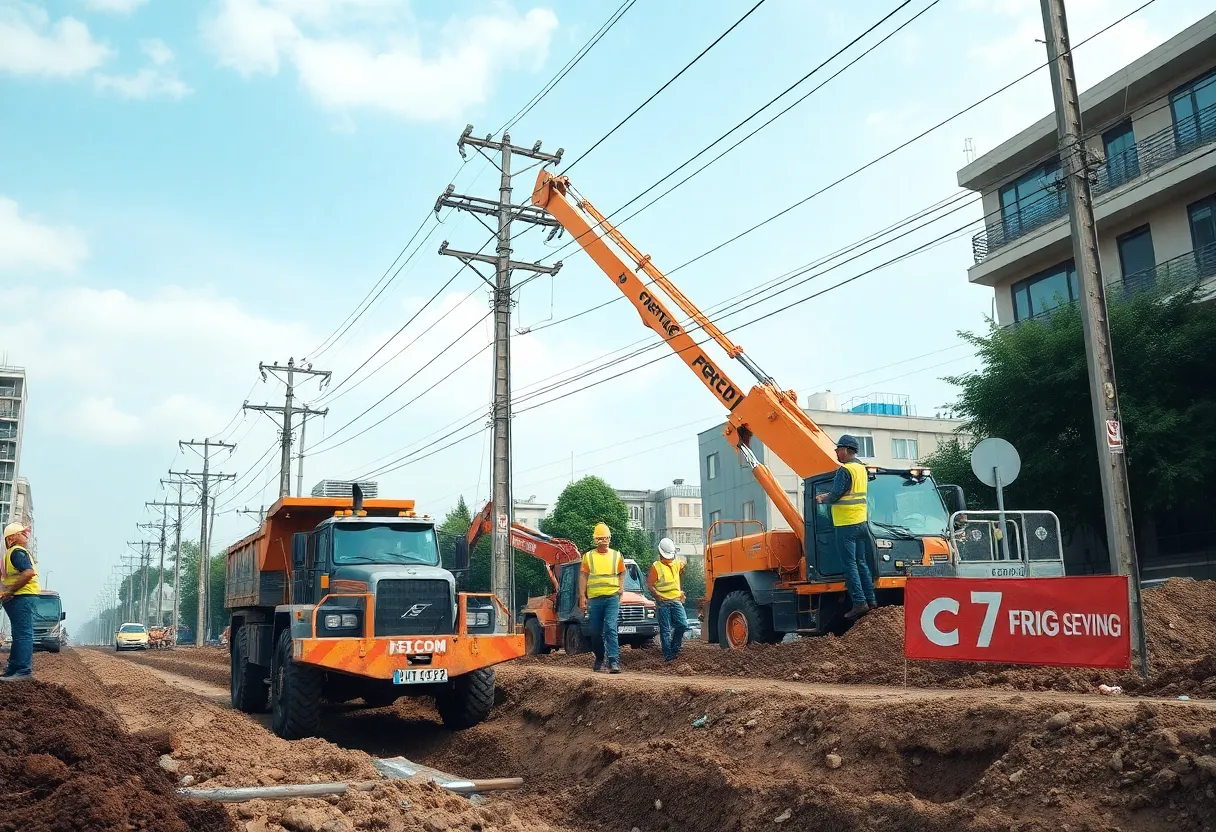Newark, California, September 15, 2025
News Summary
CreateMe Technologies unveiled a hardware and materials system pairing a modular robotic assembly cell with a digitally applied microadhesive to enable on‑demand bonded garment production in the United States. The platform is positioned as an end‑to‑end, software‑defined garment construction solution that replaces traditional sewing, speeds production, and reduces waste. Initial commercial output targets women’s intimates with expansion to everyday apparel like T‑shirts. The Newark facility houses multiple machines with high throughput claims, low minimums, short turnaround times, and a licensing and machine‑operation business model backed by a broad patent portfolio.
CreateMe unveils robotic apparel system to make bonded garments on demand in the U.S.
CreateMe Technologies, a six‑year‑old apparel automation company based in Newark, California, has introduced a new production platform that pairs a robotic assembly system called MeRA with a proprietary microadhesive named Pixel. The company says the combined platform is built to replace traditional sewing for many garment types, shorten lead times and support local, on‑demand manufacturing in the United States.
What was announced and where it will be built
The launch centers on a 35,000‑square‑foot facility in Newark where one machine is currently operating, a second unit is being built and the site has space for up to eight machines. Each machine is claimed to be capable of producing about one million T‑shirts per year. Early commercial work includes the industry’s first fully autonomous bonded women’s intimates product, with plans to scale into everyday apparel starting with T‑shirts.
How the system works
The platform combines robotics, a digitally applied adhesive and modular hardware controlled by proprietary AI and machine‑learning software. MeRA, an acronym for Modular‑engineering Robotic Assembly, is described as a modular, flexible architecture that keeps fabric flat through as much of the process as possible, then adjusts for three‑dimensional elements at the end of the line. Pixel is a microadhesive applied digitally to create precision bonds and seam finishes that the company says are less than 1 mm wide.
Production and performance claims
Company materials report MeRA can produce up to 250 garments per hour in a compact footprint, with a claimed production speed about 20 times faster than traditional manufacturing and twice the precision of manual sewing. The system is presented as cost‑competitive with offshore labor and able to reach cost parity for certain products, while cutting lead times by up to 70% and reducing speed‑to‑market from months to days.
Testing, pilot runs and product range
The technology has been tested on roughly 100 different fabrics. Two pilot programs are set up, each planned to make 50,000 units. CreateMe says the platform supports a wide range of garment categories from performance wear to basic lifestyle pieces, and that it is suitable for special sizes, short runs, hard‑to‑forecast items and near‑market production.
Claims on quality, durability and recyclability
Pixel bonds are described as producing strong, smooth seams that enhance stretch, durability and comfort, while enabling materials to separate cleanly to aid recycling — a contrast the company draws with traditional stitching or permanent adhesives. The company also claims reductions in textile waste and CO2 emissions because on‑demand, near‑market manufacturing can reduce overproduction and long supply chains.
Business model and operational details
CreateMe says the MeRA platform is purpose‑built to be modular and scalable, and can be licensed to partners. The company reports it can handle minimum color and order quantities of about 100 units or less and that one‑ to three‑week turnaround times are possible for certain runs. The system uses CAD files that typically need only small adjustments to move designs into automated production.
Intellectual property and claims of advantage
Materials from CreateMe note an intellectual property portfolio of around 95 patents covering apparel automation. The company positions its competitive advantages around speed, precision, modularity, compact footprint, and the ability to produce locally without the cost penalties often associated with small batches.
Facility status and next steps
The Newark facility is being positioned as a proof point for a distributed, location‑agnostic manufacturing approach that could be replicated closer to consumer markets. With one machine live and a second in build, the site has room for six additional units to expand capacity. Commercial expansion is planned from intimates into T‑shirts and other styles in the near term.
Context and intended outcomes
The company frames the platform as an end‑to‑end, software‑defined method for garment construction using robots and digital adhesives. The stated aim is to give brands an alternative to legacy sewing‑based supply chains by enabling faster design cycles, lower inventory risk and more local production. The company also highlights potential environmental and logistical benefits if near‑market bonded construction replaces some offshore sewing operations.
FAQ
What are MeRA and Pixel?
MeRA is a modular robotic assembly system for garments. Pixel is a digitally applied microadhesive used to bond fabrics and finishes without thread.
Where is this technology being produced?
Initial production and testing are taking place in a 35,000‑square‑foot facility in Newark, California, where one machine is operating and a second is being built.
How many garments can one machine make?
Each machine is claimed to be able to produce about 1 million T‑shirts per year or up to 250 garments per hour, depending on product type and line configuration.
What kinds of garments can be made?
The system is designed to handle a wide range of garments from intimates and performance wear to everyday basics like T‑shirts.
Are the bonded seams durable and recyclable?
The company reports that Pixel creates strong, narrow seams that improve comfort and stretch, and that bonded joints can be separated to support recycling better than permanent adhesives or stitched seams.
What are the claimed lead times and minimums?
Claims include minimums and color runs around 100 units or less and turnaround times of one to three weeks for suitable orders.
How many fabrics have been tested?
Testing is said to have covered about 100 different fabrics so far.
Is the technology available to other companies?
The company says the platform can be licensed to partners and that it is built to be modular and scalable.
Key features at a glance
| Feature | Claim or detail |
|---|---|
| MeRA | Modular robotic assembly platform (Modular‑engineering Robotic Assembly) |
| Pixel | Digitally applied microadhesive for precision bonding; seam width under 1 mm claimed |
| Facility | 35,000 sq ft in Newark, California; room for up to eight machines; one running, second being built |
| Throughput | Up to 250 garments per hour; ~1 million T‑shirts per machine per year (company claim) |
| Speed & precision | Claims of 20× faster production and 2× the precision versus manual sewing |
| Minimums & lead time | Order/color minimums around 100 units or less; 1–3 week turnaround possible |
| Patents | About 95 patents or 95+ patents in apparel automation (company claim) |
| Product focus | First commercial product: bonded women’s intimates; next: T‑shirts and more everyday styles |
| Sustainability claims | Reduced lead times, lower overproduction, less waste, potential CO2 reductions, improved recyclability |
| Business model | On‑site production, nearshoring support, and potential licensing of technology |
Deeper Dive: News & Info About This Topic
Additional Resources
- PR Newswire: CreateMe launches robotic apparel manufacturing platform and first commercial‑grade garments
- Wikipedia: Clothing_industry
- WWD: CreateMe automated apparel manufacturing
- Google Search: CreateMe automated apparel manufacturing WWD
- Innovation in Textiles: CreateMe’s new standard for the garment industry
- Google Scholar: bonded apparel manufacturing
- Reuters: Why a major shift in U.S. clothing production is unlikely
- Encyclopedia Britannica: Textile industry in the United States
- Redmond Spokesman: CreateMe & University of Warwick reversible adhesive breakthrough
- Google News: reversible adhesive apparel recycling CreateMe
Author: Construction NY News
The NEW YORK STAFF WRITER represents the experienced team at constructionnynews.com, your go-to source for actionable local news and information in New York and beyond. Specializing in "news you can use," we cover essential topics like product reviews for personal and business needs, local business directories, politics, real estate trends, neighborhood insights, and state news affecting the area—with deep expertise drawn from years of dedicated reporting and strong community input, including local press releases and business updates. We deliver top reporting on high-value events such as the New York Build Expo, infrastructure breakthroughs, and cutting-edge construction technology showcases. Our coverage extends to key organizations like the Associated General Contractors of New York State and the Building Trades Employers' Association, plus leading businesses in construction and real estate that power the local economy such as Turner Construction Company and CMiC Global. As part of the broader network, including constructioncanews.com, constructiontxnews.com, and constructionflnews.com, we provide comprehensive, credible insights into the dynamic construction landscape across multiple states.





